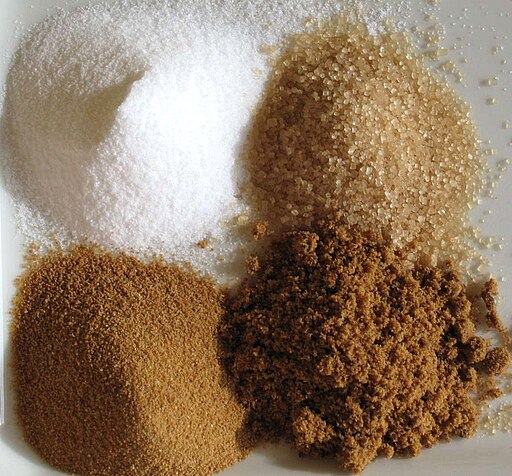For a while the association between sugar consumption and type 2 diabetes was thought to solely relate to weight gain, but new research conducted at UC San Francisco indicates that sugar intake may also be directly linked to diabetes.
The findings were published in the journal PLOS ONE.
The researchers gathered data on sugar availability and diabetes rates from a total of 175 countries over the past 10 years.
They identified that high sugar levels in a population’s food supply was linked to a high diabetes rate.
This suggests for the first time that not all calories contribute to diabetes risk in the same way.
The authors said that the finding was quite surprising. They added that while it does not diminish the importance of obesity, it does indicate that there are additional factors that contribute to diabetes risk.
They used new statistical methods that controlled for all factors that could provide alternative explanations between the sugar intake and diabetes.
The prevalence of diabetes in the population increased by 1 percent for every 150-calorie increase from sugars, per person, per day. This was after taking into account risk factors such as obesity and physical activity. A 150-calorie increase from any type of food only caused a 0.1 increase in the rate.
Diabetes rates increased the longer a population was exposed to excess sugar and it decreased when sugar availability went down.
Robert Lustig, MD, a pediatric endocrinologist at UCSF Benioff Children’s Hospital and the paper’s senior author, said:
“Epidemiology cannot directly prove causation. But in medicine, we rely on the postulates of Sir Austin Bradford Hill to examine associations to infer causation, as we did with smoking.
You expose the subject to an agent, you get a disease; you take the agent away, the disease gets better; you re-expose and the disease gets worse again. This study satisfies those criteria, and places sugar front and center.”
The findings don’t provide concrete evidence that sugar causes diabetes, but it does suggest that it can affect the liver and pancreas in ways that other foods do not, contributing to the disease.

High sugar consumption might be an independent cause of diabetes
Mation Nestle, PhD, a professor of nutrition, food studies and public health at New York University, said:
“As far as I know, this is the first paper that has had data on the relationship of sugar consumption to diabetes. This has been a source of controversy forever. It’s been very, very difficult to separate sugar from the calories it provides. This work is carefully done, it’s interesting and it deserves attention.”
The study’s strength is that it used data obtained over time, as opposed to a point-in-time study, which is susceptible to many kinds of reverse causality.
Given that there’s no way to measure food consumption directly, the investigators relied on food-availability data for this study.
The investigators say that the next step is to identify the links between sugars from different sources and diabetes, and then carry out clinical trials to affirm a cause-and-effect connection. They would like to observe the effects of reducing sugar intake.
Before policy changes are made to control sugar intake, more compelling evidence will need to be produced, the authors wrote.
However, Nestle concluded: “How much circumstantial evidence do you need before you take action? At this point we have enough circumstantial evidence to advise people to keep their sugar a lot lower than it normally is.”
A previous study in the journal Proceedings of the National Academy of Sciences identified a similar association, revealing that added sugar and high fructose corn syrup may contribute to the development of obesity and diabetes.
Written by Joseph Nordqvist